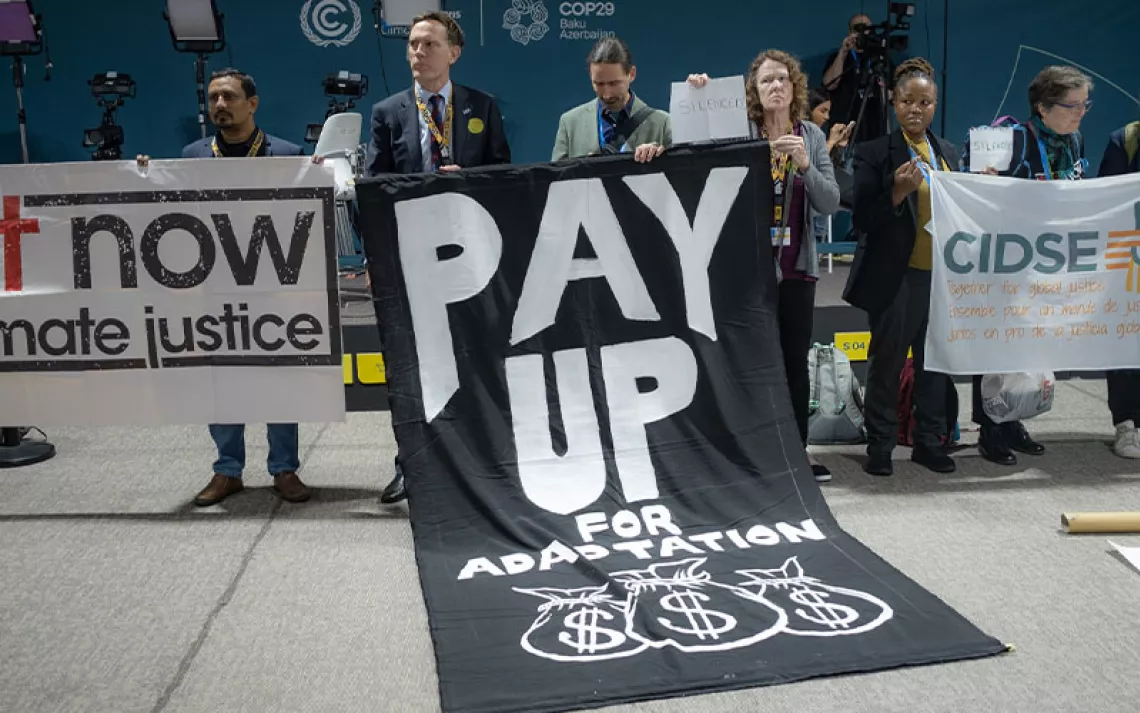Environmental News ICYMI 10-13-17
A weekly roundup for busy people

Thirty-one years after the Chernobyl nuclear disaster, hunters in Sweden are warned of “extremely high” radiation levels among local boars.
EPA administrator Scott Pruitt announces an effort to repeal the Obama-era Clean Power Plan, which calls for a 32 percent reduction of carbon emissions from power plants below 2005 levels.
Pruitt also calls for the elimination of tax incentives for producers of wind and solar energy.
Three weeks after Hurricane Maria, 84 percent of Puerto Ricans are without power, 36 percent without water, and 47 percent without phone service. The official death toll from the storm rises to 45, although press reports indicate that the figure may be far higher.
The EPA notes that some Puerto Ricans are drinking water from wells on Superfund hazardous waste sites and recommends against the practice.
President Donald Trump threatens to withdraw federal relief workers from Puerto Rico.
Facebook apologizes for producing a cartoon video touting its virtual reality products set in flooded Puerto Rico.
In the wake of the massive flooding due to Hurricanes Harvey, Irma, and Maria, the Trump administration proposes changes to the National Flood Insurance Program that largely ignore the role of climate change.
Twice the usual number of icebergs—nearly 1,000—drifted south of the 48th parallel this summer, threatening oil platforms and ships.
Record low numbers of Columbia River salmon are found in waters off the Pacific Northwest. There are, however, large numbers of warm-water-loving mackerel.
After a record-warm summer, out-of-control wildfires ravage Northern California. As of noon on October 12, fires have burned 191,000 acres, destroyed 3,500 structures, and killed 28 people.
The U.S. Board on Geographic Names renames southern Utah’s “Negro Bill Canyon” (itself a cleaned-up version of the original formulation) as “Grandstaff Canyon,” after William Grandstaff, a 19th-century African American cowboy in the area.
Academic researchers working with the Environmental Defense Fund say New England utilities intentionally constrained capacity in natural gas pipelines between 2013 and 2016, especially on cold winter days, costing consumers $3.6 billion.
After traces of glyphosate, the world’s most popular weed killer, are found in Ben & Jerry’s ice creams in Europe, the company vows to produce a line of “glyphosate-free” ice creams.
Scientists find that the supervolcano under Yellowstone National Park, which has the capacity to expel 2,500 times more material than the Mt. St. Helens eruption, has erupted twice in the past and might do so again with little warning.
 The Magazine of The Sierra Club
The Magazine of The Sierra Club



